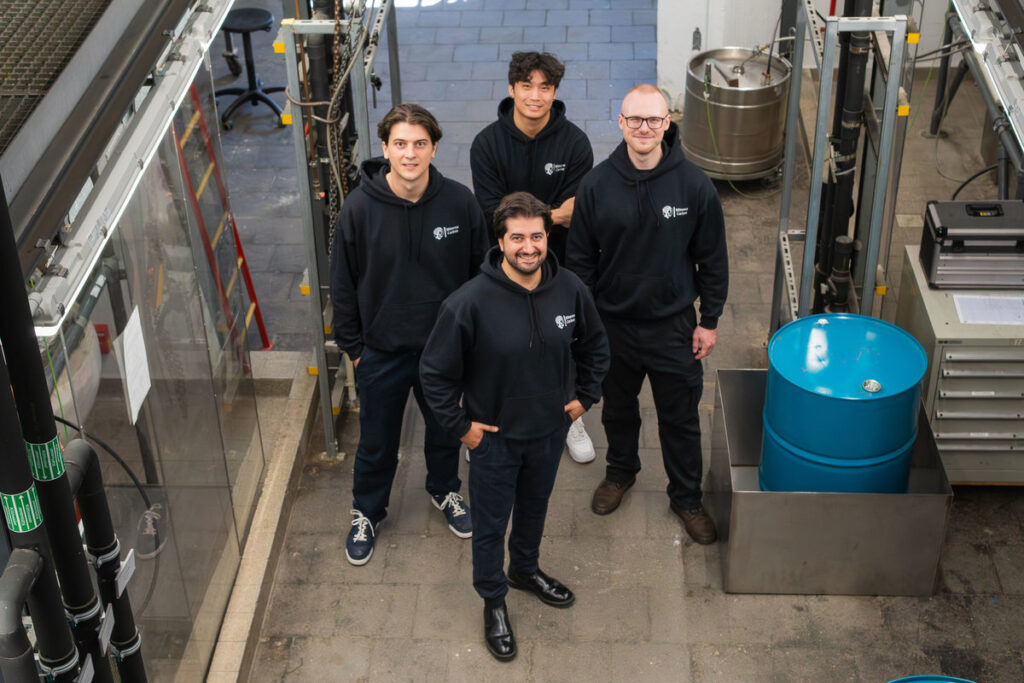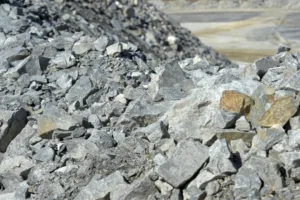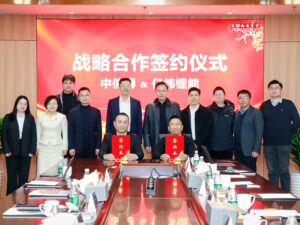Minerva Carbon, a deep-tech start-up based in Mülheim, has secured approximately €1.8 million through the German Federal Ministry for Economic Affairs and Energy’s EXIST Transfer of Research I program. Founded by former Max-Planck-Institut für Kohlenforschung PhD student Abdu Bilican alongside co-founders Julius Kaiser, Jonas Gram and Nguyen-Khan Tran, the company aims to commercialize mesoporous, high-performance carbon materials for batteries and fuel cells.
During his doctoral research under Dr. Wolfgang Schmidt, Bilican developed an accelerated synthesis process that produces large quantities of mesoporous carbons in significantly shorter timeframes. These materials offer improved efficiency, enhanced fast-charging capability in batteries and increased long-term stability for proton exchange membrane (PEM) fuel cells. To advance industrial application, Minerva Carbon is constructing a pilot plant at the Max-Planck-Institut für Kohlenforschung.
“We now have a unique opportunity to commercialize mesoporous carbons with outstanding properties on a large scale for a wide range of applications,” says Bilican. Co-founder Gram, previously an automation engineer at the Fraunhofer Institute for Manufacturing Engineering and Automation, added: “Our aim is to combine cutting-edge research with modern production technology. This will allow us to manufacture application-optimized carbon materials efficiently and sustainably right here in North Rhine-Westphalia.”
Mesoporous carbons are valued for their versatility in energy storage systems, supercapacitors and catalysis, but until now controlled, scalable industrial synthesis has been a challenge. Minerva Carbon’s process addresses this gap, offering a pathway to strengthen Germany’s position in battery and fuel cell technology and contribute to a broader European battery value chain.
The Max-Planck-Institut für Kohlenforschung has a long history of successful spin-offs and innovations, from early work on Fischer-Tropsch synthesis to Karl Ziegler’s polyolefin processes. “I’m very proud to support young scientists from my department in founding companies,” says director Prof. Dr. Ferdi Schüth. “The energy transition in particular depends on new ideas from innovative environments like the Max Planck Institute. Without that, we won’t solve the challenges of the future.”
Source: Max Planck Society
















